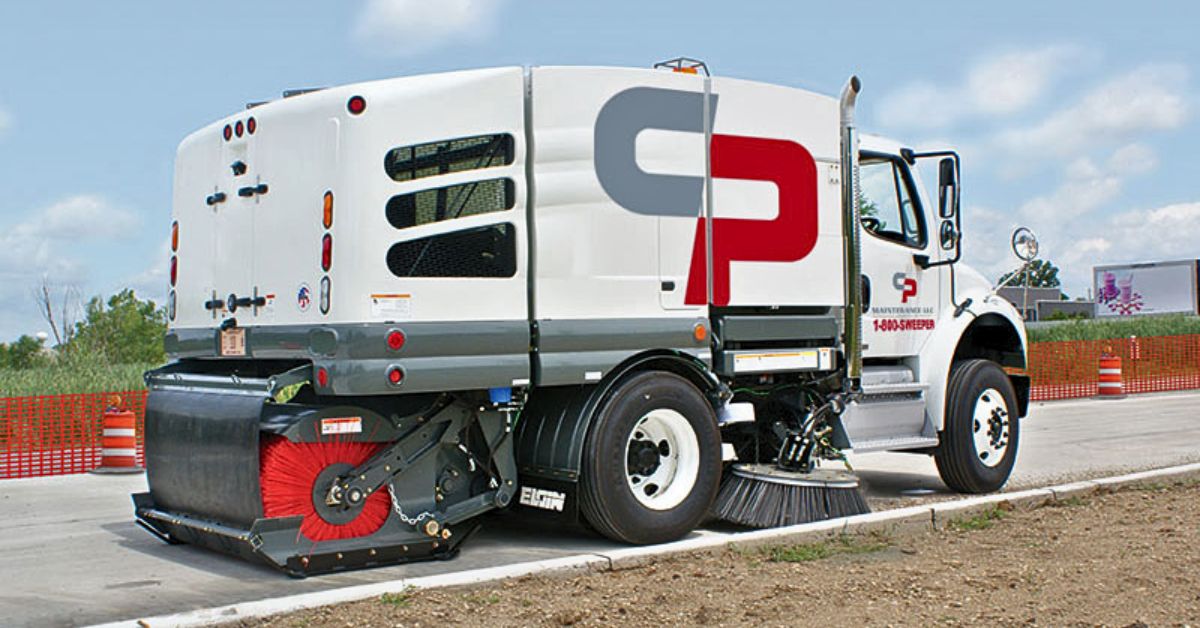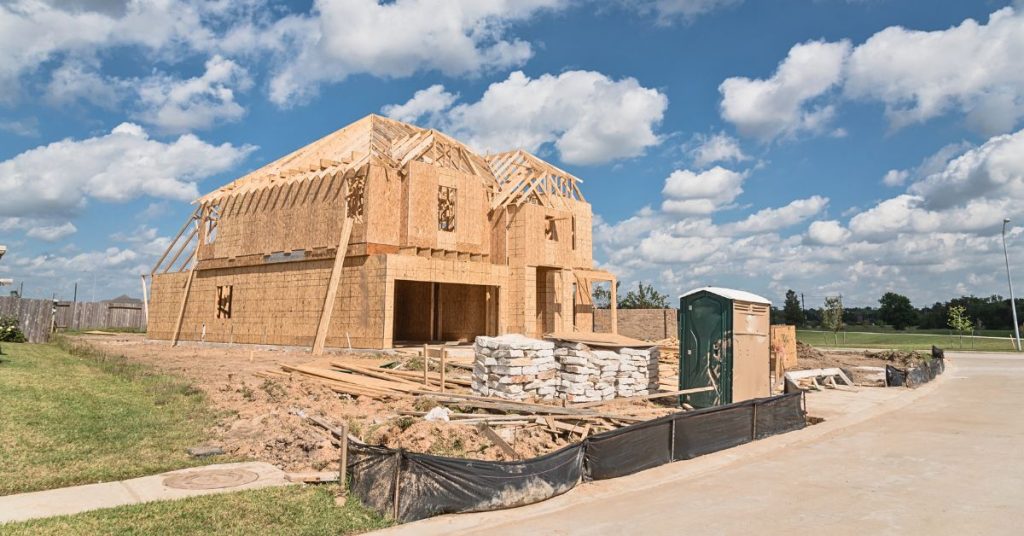Planning a successful construction project requires strategic foresight, detailed organization, and a sense of general practicality. It doesn’t matter if this is your first project as manager or if you’re a seasoned professional, you need to know how to put together your project ahead of time. CPM Sweeping is here with some helpful tips for planning a successful construction project that can help simplify the process and hopefully make it go smoother for everyone involved.
Understanding the Project Scope
The scope of a construction project defines what you plan to accomplish. It includes all the tasks, deliverables, and milestones that you plan to achieve from start to finish. You must have a clear and detailed understanding of your project’s scope before breaking ground.
Defining the project scope involves identifying the specific goals and objectives of the project. This could range from constructing a residential building to developing infrastructure projects. Clearly outline each goal individually and make it clear and understandable to everyone involved in the project.
Clear communication during the scope definition phase helps prevent misunderstandings and misaligned expectations. Make sure everyone involved understands what the project entails, the timelines, and the resources required. This foundational step sets the tone for the entire project and ensures everyone is on the same page.

Developing a Realistic Budget
A well-planned budget is the backbone of any successful construction project. Before you begin, we recommend developing a realistic and comprehensive budget that covers all aspects of the project. Your budget should include materials, labor, permits, equipment, and unexpected costs.
You can start by obtaining accurate cost estimates for each element of the project. Consult with suppliers, contractors, and other experts to gather reliable data. Once you have a clear picture of the costs, allocate funds accordingly and build in a contingency plan for unforeseen expenses.
You may end up needing to review and adjust the budget throughout the project to keep track of where you need to increase of decrease your spending. Keeping a close eye on expenditures helps prevent cost overruns and ensures that your project remains financially viable. A well-managed budget is key to avoiding financial pitfalls and completing the project successfully.
Establishing a Detailed Timeline
Time is one of the most important aspects of any construction project. Establishing a detailed timeline is critical to ensuring that the project stays on track and meets its deadlines. By creating a well-structured timeline, you can outline the sequence of tasks, milestones, and keep track of your deadlines.
Begin by breaking down the project into manageable phases. Each phase should have a clear start and end date, as well as specific tasks that need to be completed. Assign responsibilities to team members and set realistic deadlines for each task.
Regularly monitor progress and adjust the timeline whenever necessary. Delays are inevitable, but proactive management can help minimize their impact. By keeping everyone informed and accountable, you can ensure that the project stays on schedule.
Selecting the Right Team
A successful construction project relies heavily on the skills and expertise of your team. Selecting the right team members is crucial to achieving quality results and meeting project goals. Your team should consist of experienced professionals who understand the complexities of construction and can work collaboratively.
Identify the key roles that you need for the project, such as project managers, architects, engineers, contractors, and laborers. Try to find individuals with a proven track record and relevant experience in similar projects. Conduct thorough interviews and reference checks to ensure they possess the necessary skills and expertise.
Effective communication and teamwork can help make your project a successful one. Foster a culture of collaboration and open communication within the team. Regular meetings and updates keep everyone aligned and focused on the project’s objectives.

Importance of Keeping Your Construction Site Clean
Maintaining a clean construction site is vital for both safety and efficiency. A cluttered and disorganized site can lead to accidents, project delays, and decreased productivity. Implementing regular cleaning practices ensures that the site remains safe and conducive to work.
Designate specific areas for storing materials, tools, and equipment. Making this a habit can help prevent clutter and make it easier to find what you need when you need it. Regularly dispose of waste and debris to keep the site tidy and hazard-free.
To help maintain cleanliness in a larger site, you may need to reach out and bring in some professional help if you have the budget for it. Hiring a professional construction street sweeper allows professionals to keep your sight free of debris and clear out the space before your workers arrive.
Using Quality Materials
Another tip for planning a successful construction project is to use quality materials whenever possible. The quality of your materials has a direct impact on durability, safety, and even the success of your project. Gathering high-quality materials ensures that the final product meets industry standards and client expectations.
Start by working with reputable suppliers who offer what you’re looking for. Obtain samples and conduct thorough inspections to verify their quality. Compare prices and negotiate favorable terms to get the best value for your money.
Keep track of material deliveries and storage to prevent damage or theft. Properly store materials in designated areas to maintain their integrity. Regularly inspect materials to ensure they meet the required specifications before use.
Navigating Regulatory Requirements
There are a lot of regulatory requirements and permits that you may need to get before you can break ground on your construction project. Navigating these requirements is crucial to ensuring compliance and avoiding legal issues. Always obtain the necessary permits and approvals before commencing the project.
Research and understand the local regulations that apply to your project. This includes zoning laws, building codes, environmental regulations, and safety standards. Work closely with regulatory authorities to ensure that all requirements are met.
Additionally, keep detailed records of any permits, inspections, or approvals that you get and have them on site. Complying with regulatory requirements not only ensures legal adherence but also enhances the credibility and reputation of your project.
Monitoring and Managing Risks
Construction projects are inherently risky, with potential challenges ranging from weather delays to cost overruns. Effective risk management involves identifying, assessing, and mitigating risks to minimize their impact on the project.
Conduct a thorough risk assessment at the beginning of the project. Identify potential risks and their likelihood of occurrence. Develop contingency plans to address these risks and allocate resources accordingly.
Are you ready to enhance the safety and efficiency of your construction site? At CPM Sweeping, we specialize in providing top-notch construction and industrial street sweeping services designed to keep your work environment clean and hazard-free. To learn more about out services and what we can do for you, contact us anytime to learn more.

